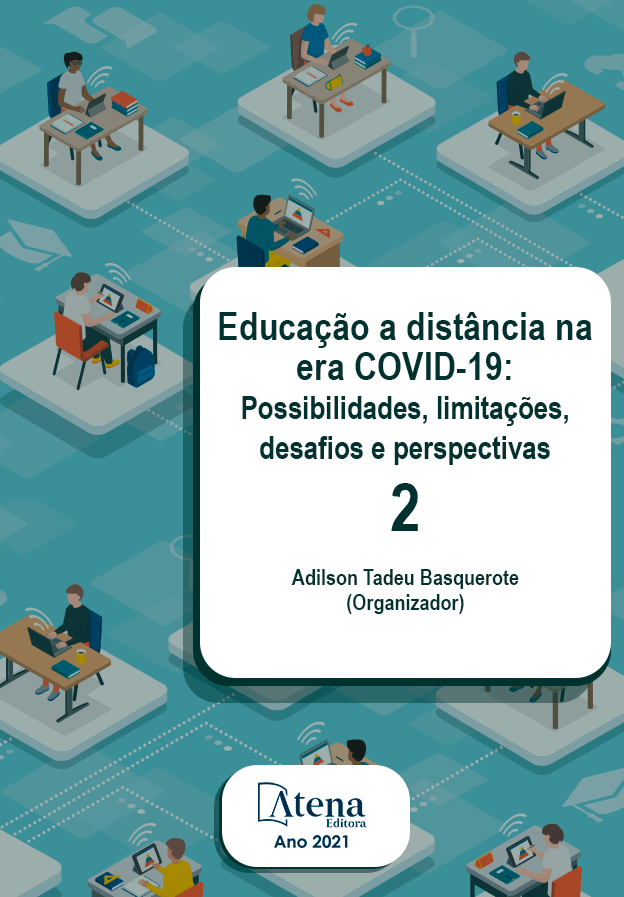
CULTURA DIGITAL E APRENDIZAGEM SIGNIFICATIVA NO ENSINO SUPERIOR: UMA ABORDAGEM SOBRE A AUTONOMIA DO ESTUDANTE PÓS-COVID-19
O presente artigo pretende discutir sobre como o ensino remoto no Ensino Superior trouxe à tona a necessidade de autonomia estudantil em seu percurso de aprendizagem. Abordamos aspectos do perfil do aluno do século XXI, da cultura digital e dos limites e possibilidades que o contexto da pandemia provocou. A pesquisa apresentada analisa a percepção dos estudantes universitários brasileiros sobre sua aprendizagem durante a quarentena da COVID-19. Os resultados revelaram que no Ensino Superior a incorporação de cultura digital ainda é baixa e que a pandemia acelerou esse processo. Indicou que professores e estudantes tiveram a necessidade de se adaptarem a esse novo formato e revelou a necessidade de incorporação de metodologias contemporâneas para que se ofereça condições para uma aprendizagem significativa e impulsionar o protagonismo estudantil no Ensino Superior.
CULTURA DIGITAL E APRENDIZAGEM SIGNIFICATIVA NO ENSINO SUPERIOR: UMA ABORDAGEM SOBRE A AUTONOMIA DO ESTUDANTE PÓS-COVID-19
-
DOI: https://doi.org/10.22533/at.ed.3442127077
-
Palavras-chave: Cultura Digital. Aprendizagem Significativa. Educação Superior PÓS-COVID-19.
-
Keywords: Digital Culture. Meaningful Learning. College Education POST-COVID-19.
-
Abstract:
This article aims to discuss how remote teaching in Higher Education brought to the need for student autonomy in their learning path. We address aspects of the 21st century student profile, digital culture and the limits and possibilities that the context of the pandemic caused. The research presented analyzes the perception of Brazilian university students about their learning during the quarantine of COVID-19. The results revealed that in Higher Education, the incorporation of digital culture is still low and that the pandemic accelerated this process. He indicated that teachers and students had the need to adapt to this new format and revealed the need to incorporate contemporary methodologies in order to offer conditions for explanatory learning and boost student leadership in Higher Education.
-
Número de páginas: 15
- Ana Lúcia de Souza Lopes
- Luiz Henrique Portela Faria
- JOYCE REGINA FONTES


